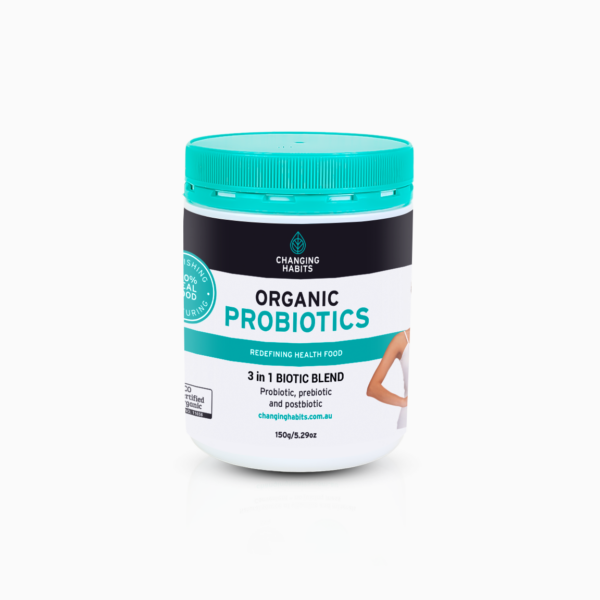Is your gut healthy?
Leaky gut is a condition often unrecognised by most of us. It is one of the primary root causes of autoimmune and thyroid diseases. If your gut has become leaky it means the tight junctions that usually hold the walls of your intestines together have become loose, allowing undigested food particles, microbes, toxins, and more to escape your gut and enter your bloodstream.
You can think of your gut lining as a sieve
Teeny micronutrients in food that are meant to travel back and forth are able to go through the sieve without a problem. But things such as gluten, gut infections, medications, or toxins, can cause the sieve to widen its gaps, allowing bigger things through that aren’t meant to travel through. In this case, its microbes, toxins, pathogens, proteins, and partially digested food particles that are passing through and escaping into your bloodstream.
The chronic state of inflammation caused by leaky gut is what triggers and worsens autoimmune disease. As your immune system becomes more stressed, it is less able to attack pathogens and invaders with precision. Instead, it begins indiscriminate attacks in a desperate attempt to fight off the invaders. Eventually, your body’s own tissues end up on the receiving end of the attack, and you end up with an autoimmune disease.
Gluten causes leaky gut.
When you eat gluten, it travels through your stomach and arrives in your small intestine, where we know from Dr. Alessio Fasano’s research that it triggers the release of zonulin. Zonulin is a chemical that signals the tight junctions of your intestinal wall to open up, creating leaky gut.
Eating an anti-inflammatory diet will help repair your gut
Foods called probiotics include leeks, garlic, sauerkraut, kimchi, kombucha, miso soup, yoghurt, tempeh, sourdough gluten free bread.
While probiotic foods have live bacteria, prebiotic foods feed the good bacteria already living in your gut.
You can find prebiotics in items such as asparagus, Jerusalem artichokes, bananas, oatmeal, red wine, honey, maple syrup, and legumes. Try prebiotic foods on their own or with probiotic foods to perhaps give the probiotics a boost.
Homemade bone broths contain gelatin which heals the mucosal lining of the digestive tract and helps aid in the digestion of nutrients. Gelatin is also a potent helper for hair, skin, nails, and joints because it replenishes the collagen that we lose as we age or due to malabsorption.
Studies also show that eating chicken soup during a respiratory infection reduces the number of white blood cells, which are the cells that cause flu and cold symptoms. Think of bone broth as a healer for the immune system, bones, connective tissue, and gut.
If you have any questions about gut inflammation or want more information on how probiotics can help,
I’d love to hear from you.
find me
Grow Eat Heal Ltd
Jocelyn J Murray
5 Kahu Close, Orewa, 0931
Auckland, New Zealand
Auckland, New Zealand

